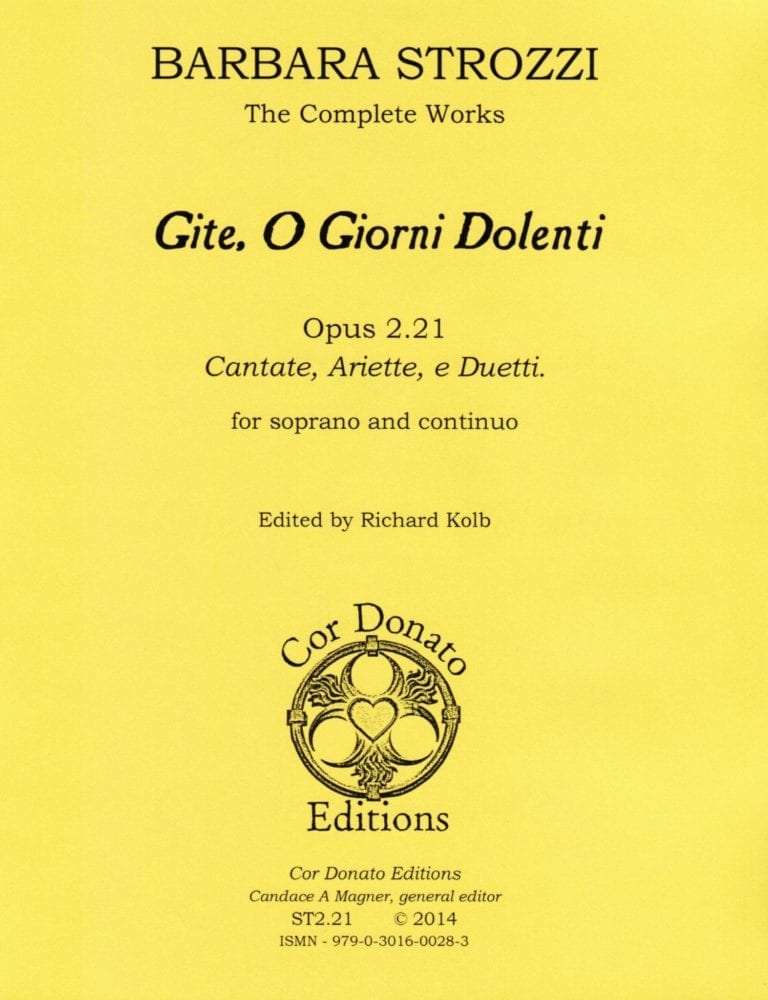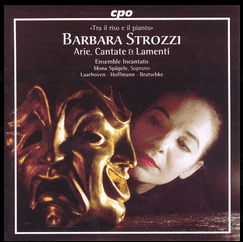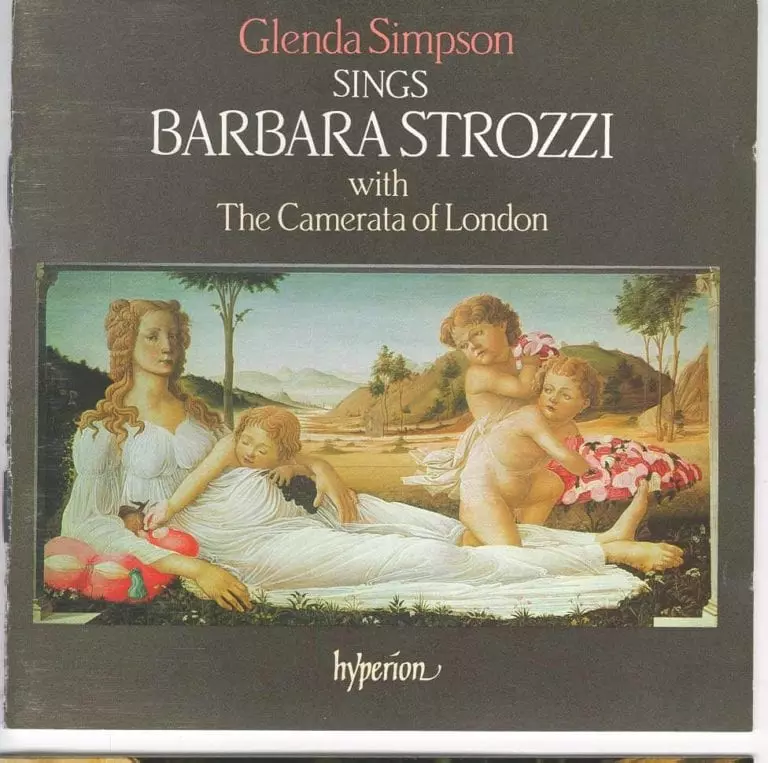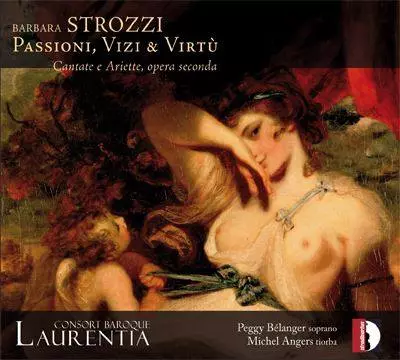✤ View another piece from this Opus / Collection →
Gite, o giorni dolenti
Original Language: Italian
Gite, o giorni dolenti,
che succedano al pianto
gioie, allegrezze e canto,
scherzi, vezzi e contenti.
Fra le trombe di Marte
e tra i rumor di strepitosa guerra
dal ciel festoso parte
e scende il nume delle nozze in. terra.
Volano gl'imenei, corron gli amori
di voi Giovi terreni
a rallegrare i cori,
a congiunger i seni.
Vada con pie' fugace
a rinserrarsi entr'un orrore eterno
la discordia d'inferno
e rieda omai la sospirata pace.
Coronata di ulivo Astrea ritorni,
che posi il mondo posi e fiera porti
le rovine e le morti
Megera ove di fede il mondo è privo.
Felicissimi giorni
di secoli migliori
saran principi grati
questi nodi beati.
L'Austria all'Austria con questa
amorosa vicenda
saldamente s'innesta,
onde la virtù renda
colmi alfin di vittorie e di trofei
gli austriaci Semidei.
E quali aver mai lice
di bella età felice
argomenti più giusti
che le Muse a gradir tornin gli Augusti?
English
Away, Sorrowful Days
Away, sorrowful days,
let joy, delight, and song,
jest, merriment, and contentment
displace lamenting.
Amid the trumpets of Mars,
and the noises of raging war,
from the joyful heavens the goddess of nuptials
descends to earth.
Hymen flies; cupids come running,
earthly gods,
to gladden your hearts,
to join your souls.
Make haste
to intervene in an eternal horror,
the discord of hell,
and at last restore long-sought peace.
Let Astrea* return crowned with olive wreath,
let the world put aside cruelty,
ruin, and death, with which
Megera** deprives the world of faith.
Joyful days
of a better age
shall this blessed union be
the welcome beginning.
With this loving concord,
Austria firmly engrafts
itself to Austria,
wherefrom virtue lavishes
victories and trophies
upon the Austrian demigods.
And what expression
of a glorious happy state
can be more seemly
than for the muses to honor the magnificent?
Translated by:
Richard Kolb
*Astrea, goddess of justice, symbol of renewal and peace, was frequently identified with political figures during the 16th and 17th centuries.
** Megera, one of the Eumenides in Greek mythology, associated with jealousy, spite, and envy.
Find the score...

Gite, O Giorni Dolenti
Published by Cor Donato Editions in historically correct modern transcription, including critical introductory notes on the work, editorial procedures, original texts with new English translations, and other contextual information about the piece.
Now available at CorDonatoEditions.com!
Purchase score →



